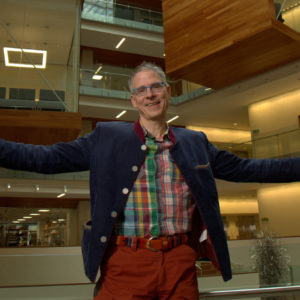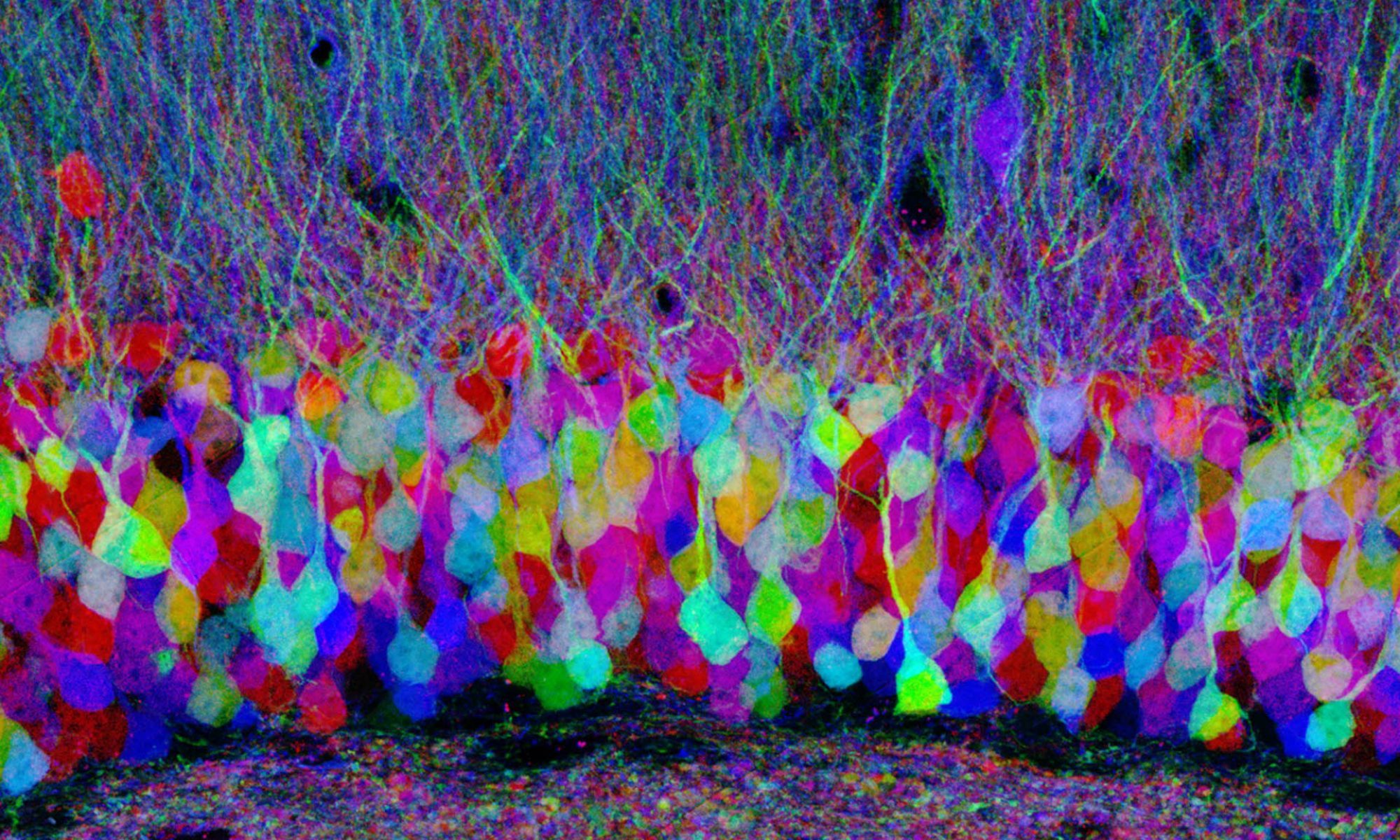
Chief Scientist & President
Allen Institute for Brain Science
Christof Koch joined the Allen Institute as Chief Scientific Officer in 2011 and became President in 2015. He received his baccalaureate from the Lycée Descartes in Rabat, Morocco, his M.S. in physics from the University of Tübingen in Germany and his Ph.D. from the Max-Planck-Institut für Biologische Kybernetik, Tübingen. Subsequently, he spent four years as a postdoctoral fellow in the Artificial Intelligence Laboratory and the Brain and Cognitive Sciences Department at the Massachusetts Institute of Technology. From 1987 until 2013, he was a professor at the California Institute of Technology (Caltech) in Pasadena, from his initial appointment as Assistant Professor, Division of Biology and Division of Engineering and Applied Sciences in 1986, to his final position as Lois and Victor Troendle Professor of Cognitive & Behavioral Biology. See here for Christof’s academic pedigree and his students. Koch has published extensively, and his writings and interests integrate theoretical, computational and experimental neuroscience with philosophy and contemporary trends, in particular artificial intelligence. He is currently working on a book entitled Conscious Matter. His last book, Consciousness: Confessions of a Romantic Reductionist, blends science and memoir to explore topics in discovering the roots of consciousness. Stemming in part from a long-standing collaboration with the late Nobel Laureate Francis Crick, Koch authored the book The Quest for Consciousness: A Neurobiological Approach. He also authored the technical books Biophysics of Computation: Information Processing in Single Neurons and Methods in Neuronal Modeling: From Ions to Networks, and served as editor for several books on neural modeling and information processing. Koch’s research addresses scientific questions using a widely multidisciplinary approach. His research interests include elucidating the biophysical mechanisms underlying neural computation, understanding the mechanisms and purpose of visual attention, and uncovering the neural basis of consciousness and the subjective mind.
